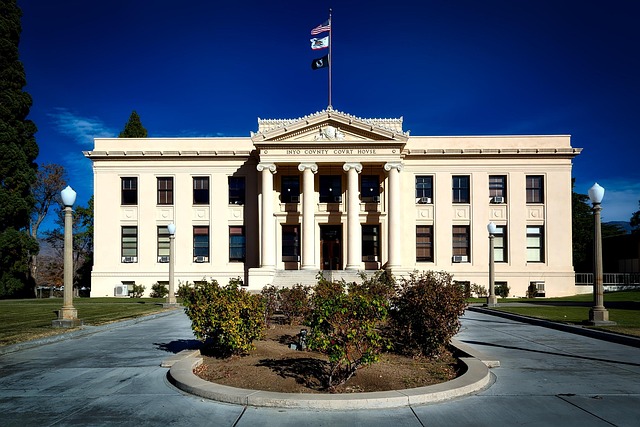Understanding Oregon's strict DUI laws and employing strategic defenses outlined in the Oregon DUI guide is crucial for facing charges. Lawyers challenge evidence admissibility, questioning police procedures and test reliability to weaken prosecution cases. Expert testimonies and tactical motions aid defendants navigating legal processes. Well-prepared attorneys negotiate with prosecutors, offering alternatives to plea bargains based on evidence assessment and Oregon DUI guide principles.
In Oregon, driving under the influence (DUI) laws are stringent, with severe penalties awaiting convicted offenders. Understanding these laws and crafting an effective defense strategy is crucial for anyone facing a DUI charge. This comprehensive Oregon DUI guide explores key practices and strategies, from deciphering state laws to challenging evidence and negotiating outcomes. Whether you’re preparing for trial or considering options beyond it, this guide offers valuable insights to build a strong defense.
- Understanding Oregon DUI Laws and Penalties
- Common Strategies for Challenging Evidence
- Building a Strong Defense: Expert Testimonies & Motions
- Potential Outcomes and Negotiation Tactics
Understanding Oregon DUI Laws and Penalties

Understanding Oregon’s DUI laws is crucial for anyone navigating this state’s legal system. The Oregon DUI guide outlines strict regulations aimed at ensuring road safety. If convicted, individuals face severe penalties, including significant fines, license suspension, and even jail time. These measures reflect the state’s zero-tolerance policy towards driving under the influence.
The complexity of these laws necessitates a strategic approach to defense. A comprehensive Oregon DUI guide should detail various legal strategies employed by defense attorneys. These might include challenging field sobriety test results, questioning the admissibility of evidence, and exploring potential violations of constitutional rights. Understanding these tactics empowers individuals to make informed decisions regarding their legal representation in DUI cases.
Common Strategies for Challenging Evidence

In an Oregon DUI case, challenging the admissibility of evidence is a crucial part of building a strong defense. One common strategy involves scrutinizing how the police obtained the evidence. For instance, if a officer’s stop or arrest was unlawful—such as lacking reasonable suspicion or probable cause—then any subsequent evidence derived from that illegal action may be excluded under the Fourth Amendment.
Additionally, attorneys might challenge the reliability of field sobriety tests and breathalyzer readings. They could point to variations in testing procedures, equipment malfunction, or operator error. Given the potential for human error and technological glitches, examining these aspects thoroughly can significantly weaken the prosecution’s case, providing a vital component in an Oregon DUI guide for effective defense strategies.
Building a Strong Defense: Expert Testimonies & Motions

In any Oregon DUI case, building a strong defense involves leveraging expert testimonies and strategic motions. Legal professionals specializing in DUI cases often employ witnesses like former law enforcement officers or recognized scientific experts to challenge the prosecution’s evidence. These experts can scrutinize field sobriety test results, breathalyzer readings, and blood test interpretations, providing insights that may significantly weaken the case against the accused.
Additionally, defense attorneys file motions to suppress evidence gathered during traffic stops if they believe the police violated the defendant’s constitutional rights. Such motions target any potential discrepancies in procedure, ensuring a fair trial by excluding potentially prejudicial information from consideration. This strategic approach is crucial in the Oregon DUI guide, helping defendants navigate complex legal processes and present their best defense.
Potential Outcomes and Negotiation Tactics

When it comes to negotiating with prosecutors in an Oregon DUI case, a well-prepared defense attorney can significantly impact the potential outcomes. A skilled advocate will first assess the strength of the prosecution’s evidence, including breath test results, witness statements, and surveillance footage. Based on this analysis, they can devise effective negotiation tactics.
One common strategy is to challenge the admissibility of evidence, questioning the accuracy of field sobriety tests or attempting to exclude blood alcohol concentration (BAC) readings if procedural errors occurred. Additionally, attorneys may offer alternatives to a plea bargain, such as seeking a reduced charge or negotiating a sentence that includes community service or participation in DUI education programs. These approaches aim to mitigate the client’s penalties while adhering to the principles outlined in the Oregon DUI guide.






